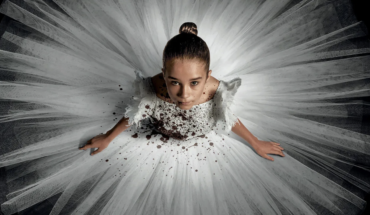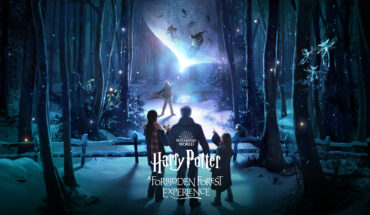New Jawn presents a contemporary and historically aware set at Jazzlab, as part of the Melbourne International Jazz Festival.

New Jawn © Adrien Tillman
The syncopated language of jazz ranges from easy listening to complex avant-garde, and new forms mindful of old school is a formidable ask. Christian McBride leads the task deftly, as contrabassist to drummer Nasheet Waits, saxophonist Marcus Strickland, and Josh Evans on trumpet. Appearing at the Village Vanguard in December 2015, New Jawn has since completed two runs at Dizzy’s in addition to international dates. Their Australian premiere by the Melbourne International Jazz Festival is a coup, both for festival organisers and for Michael Tortoni’s Jazzlab.
“Jawn” is ubiquitous in Philadelphia black vernacular, a word long disassociated from its origins in New York. It is a catchall noun that applies, singular or plural, to joint to thing to idea. Much like the word “jazz” itself, a baseball slang ultimately claimed by trans-American blues players, jawn aptly refers to a confluence of influences. McBride grew up in working-class West Philadelphia, son and nephew to two professional bassists. He started with electric bass aged 10 and continued with classical bass in his teens, then moved to Manhattan aged 17 to study at Julliard. By 18 he had left Julliard and his YMCA digs, to play local gigs and to tour. Almost three decades and 300 recordings later, McBride is a five-time Grammy alumnus now renowned as a composer, performer, curator, mentor, and educator.

© Christian McBride
On the first night of four sold-out sets, New Jawn plays original compositions framed by two rearrangements. To emphasise how this two-rhythm, two-horn ensemble reworks a piano standard, first up is “Played Twice” by Thelonious Monk. “K-Kelli” by Waits shows the drummer-composer’s affection for post- and neo-bop. There is a change in tempo with a New Jawn single, a preview of their forthcoming album in September. McBride pauses to make introductions, which includes his double-bass named Matilda, built by Melbourne luthier Benedict Puglisi and Corey Swan. The set resumes with “John Day,” a composition in tribute to a late friend of McBride’s. Strickland’s “Seek The Source” is a showcase for quartet proficiency and his own groovy prowess. Finally, an energetic interpretation of “The Good Life” acknowledges the classic Ornette Coleman foursome and a McBride recording with Pat Metheny.
Monk and Coleman had experimented with improvisation of convention in separate eras. The attitude of New Jawn follows such form, as a pared ode to big-band sound. McBride alternates bowing and plucking to cool acoustic effect. Percussionist progeny Waits balances background colour and foreground fervour. Strickland, despite his philosophical leanings, is never too intellectual with his emotive lines. Evans, a protege of Jackie McLean, breathes a soulful warmth through his melodic concepts. Theirs is a New Yorker distillation of regional scenes, through individual childhood to adulthood influences. Solo, duo, and quartet interplay display articulate phrasing, as shown in a scintillating McBride/Strickland duo during “John Day.”
‘Pure jazz’ is a misnomer, for no other music is so introspective yet innovative as to divide its disciples. New Jawn hews towards emotion and tradition, a variant unlike the multi-genre approaches of savant Jacob Collier, crossover guitarist Thundercat, and West Coast saxophonist Kamasi Washington. To foray by way of New Jawn is to hear jazz origins anew, as distinct as place and as African-American as gospel.
– Maloti
Maloti writes about art and music.
New Jawn is Christian McBride with Nasheet Waits, Marcus Strickland, and Josh Evans, appearing June 9 & 10 at Jazzlab as part of the Melbourne International Jazz Festival. The venue is accessible.



